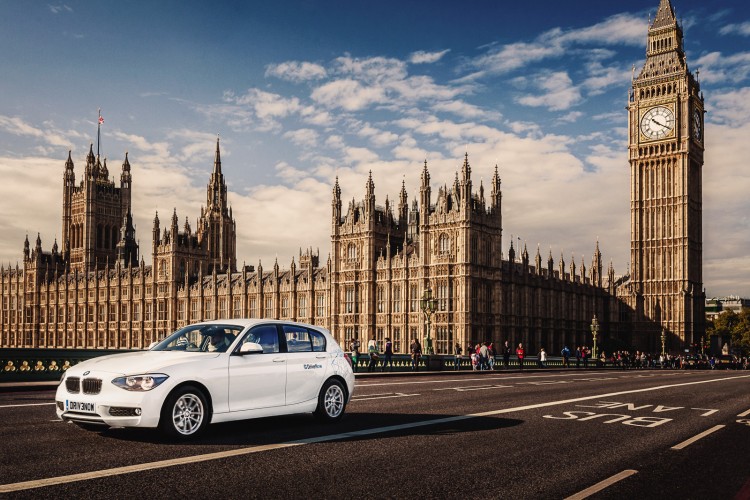There’s been a lot of speculation lately about what will become of the joint ventures set up by BMW, in collaboration with Daimler, in a couple of key segments related to mobility. Most recently it was reported that Uber would be interested in buying FreeNow, the ride-sharing company created by the two German car makers in a bid to rival other such options available to European customers.
Initial reports showed that the American ride-sharing company was willing to pay in excess of $1 billion for the German business but not everyone was on-board with this plan. Admittedly, looking at the situation right now, one would be tempted to sell. Demand for such services has gone considerably down as people are locked inside their homes. Furthermore, bars, clubs and every other sort of live entertainment seems to have been put on hold for now, drastically reducing income for ride-sharing companies.
And yet, we’re all aware that this is just temporary. As traditional car makers are preparing for a drop in demand in the future, they need to find other sources of revenue. The mobility market seems like a good place to start and that could cover ride-sharing, parking services or even charging for electric vehicles. That’s probably why the BMW CEO isn’t convinced yet that selling could be the best move going forward. After all, of the five joint-ventures BMW and Daimler set up, FreeNow is the most promising.
Speaking to reporters in a video conference last week, Zipse said the company he’s running wants to continue in the mobility services market one way or another. “This is a very dynamic environment,” he said. “You will see where we make one or the other move.” That is certainly true, as a sale of this magnitude wouldn’t go unnoticed in the market.


















































